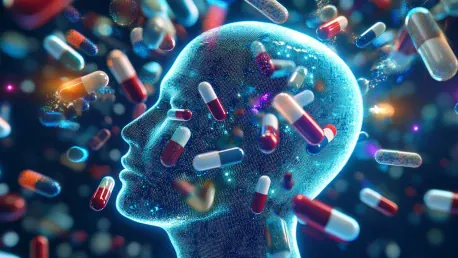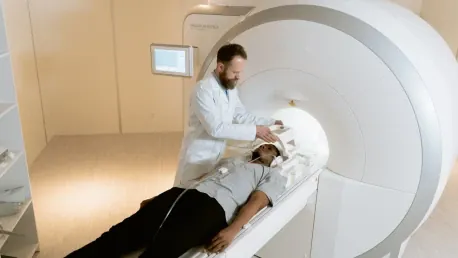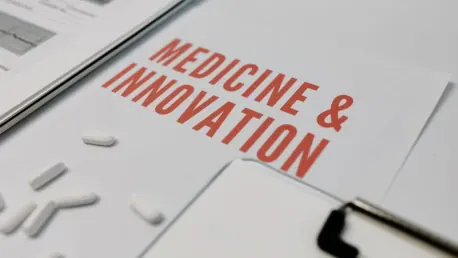
Artificial Intelligence (AI) is making significant strides in various fields, and drug development is no exception. While AI's applications in text generation, facial recognition, and autonomous driving are well-known, its potential in drug discovery is equally transformative, promising to

The ability of Generative Pre-trained Transformer 4 (GPT-4) to effectively analyze medical notes in multiple languages has garnered significant interest within the medical and technology communities. A recently published comprehensive evaluation study in Lancet Digital Health by a consortium of

The role of artificial intelligence (AI) in drug discovery and development has been a topic of increasing interest and debate, with many experts heralding its promise to transform the process by reducing time and costs significantly. Amid the excitement, however, there remain substantial challenges

The advancements in artificial intelligence (AI) techniques, particularly in the analysis of medical imagery to enhance tumor detection in positron emission tomography (PET) and computed tomography (CT) scans, are set to revolutionize the field. These advancements are especially relevant due to the

The pharmaceutical industry is undergoing a significant transformation driven by artificial intelligence (AI). This revolution is not just about improving processes but reshaping disease treatment and care delivery. Early adopters of AI in this sector are experiencing substantial gains,

Clinical trials have long been the cornerstone of medical innovation, providing the rigorous testing needed to bring new treatments and medications to market. However, traditional clinical trials are often seen as time-consuming, expensive, and inaccessible. In this context, the emergence of